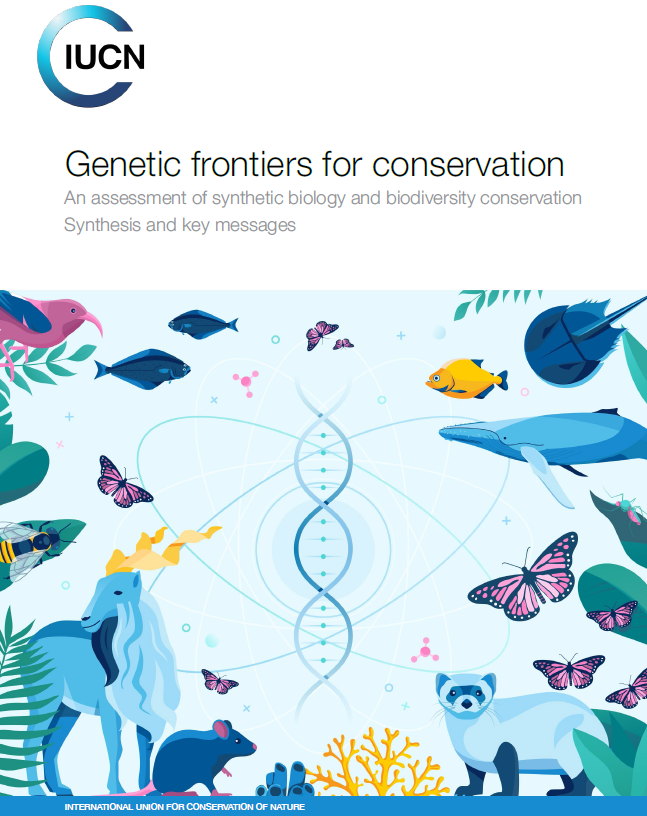On 9 May 2019 the International Union for Conservation of Nature (IUCN) launched the publication “Genetic frontiers for conservation An assessment of synthetic biology and biodiversity conservation Synthesis and key messages”, a Technical Assessment accompanied the synthesis document.
GYA member Bartlomiej Kolodziejczyk (Australia), who is a member of the DIY Biology working group, was one of the authors of both publications.
The IUCN’s technical assessment of synthetic biology and biodiversity conservation is, potentially, the most comprehensive attempt to date evaluating various synthetic biology applications, especially those in biodiversity conservation.
To some extent, this work refers to and covers the growing movement of do-it-yourself biology aligning closely with the objectives of the GYA DIY Biology working group. More specifically, do-it-yourself biology is mentioned in the context of governance challenges, on which our GYA working group engage extensively.
The aim of this report is to asses current and future applications of synthetic biology and provide scientific evidence for policymakers, with a special focus on biodiversity conservation policies. As such, this assessment is not meant to produce recommendations. Specific policy recommendations and actions will be supplied in the follow-up policy document, which will be brought to vote at the IUCN World Conservation Congress 2020 in Marseilles, France.
In Marseilles, IUCN’s 1,300 member organisations, including not-for-profit and governmental members, will decide whether the developed policy should be broadly implemented.
